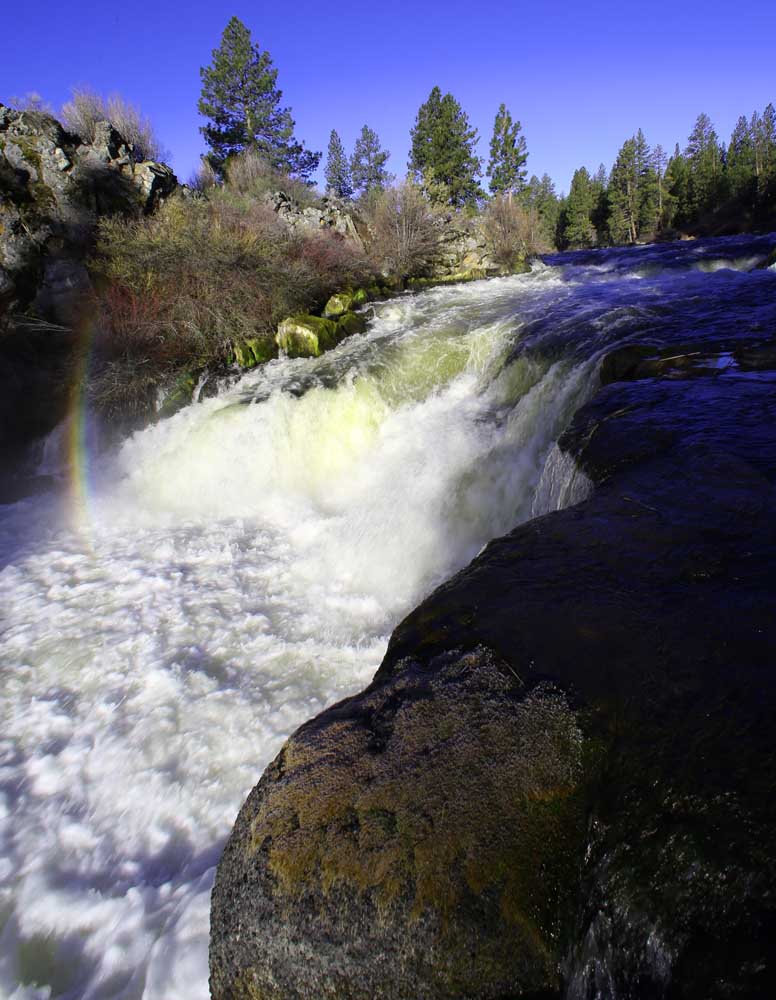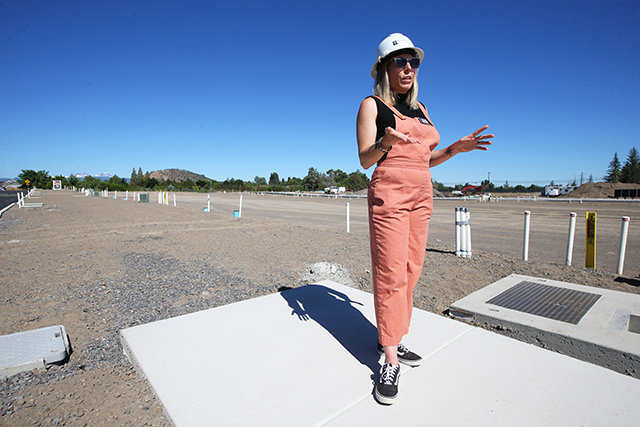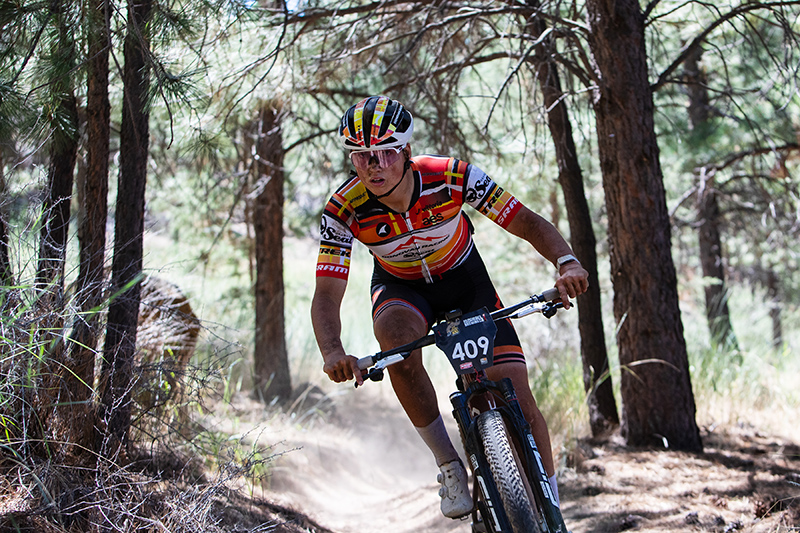No girls allowed on macho ‘Deadliest Catch’
Published 5:00 am Sunday, July 24, 2011
“Deadliest Catch” has masculine mystique.
Fans, and men in particular, boast of their love for this fishing saga on the Discovery Channel the way they once spoke of “Iron Chef” (the Japanese original), kung fu, motocross and, at least in the 1990s, Cuban cigars. On “Catch” the crab fishermen who make their living in the Pacific serve up a tableau of unshaven, unwashed, cigarette-stained, all-American masculinity that is a little like prison — only with less sex and more foul-weather gear.
Trending
There’s a reason they call it deadly.
Crab fishing is really hard, but it’s not always exciting to watch. The seventh season concludes Tuesday, and once again it shows how deckhands drop big metal cages into the deep, then wait to haul them up, praying they will deliver a generous load of king crabs. Viewers and producers, meanwhile, pray for storms to swell the waves and fray tempers.
“Deadliest Catch” is, after all, a reality show. Beneath all the salt, sweat and 5 o’clock shadows, this is a tale not only of man and the sea, but also of men who get on one another’s nerves on deck. Over time and tempests the crews of the Time Bandit, the Cornelia Marie, the Wizard and other vessels reveal strong emotions and personality clashes — “The Real Housewives of the Bering Sea.”
It’s not the only reality show that takes men to the great outdoors, of course. Discovery offers, among other things, “American Chopper,” “Man vs. Wild” and “Hogs Gone Wild,” while Animal Planet has “Whale Wars,” “Finding Bigfoot” and “Fatal Attractions.” The History Channel has done very well with “Ice Road Truckers,” while Spike finds adventure in confined spaces, tracking criminals sent to the big house in a series succinctly titled “Jail.”
All of these programs seem to fill a niche need, but none of them has quite the same kind of guy-crush cult following as “Deadliest Catch,” possibly because almost all of those others have women in them, even “Jail” and “Ice Road Truckers.” And for female viewers mystified by the enduring appeal of “Deadliest Catch,” the explanation lies therein.
“Deadliest Catch” isn’t a trumped-up competition; its stars are fishermen who measure success and failure in pounds of crab caught and equipment lost, and that is part of its appeal. The other part is that it’s real seafaring enlivened by a “Captains Courageous” fantasy of no-girls-allowed.
Trending
In its second season the series courted a broader audience by adding some women: a few of the captains’ wives were aboard as cooks, an experiment that at least on camera was never repeated.
There are so few places left in the world where men can get away from the fairer sex; even the Citadel is co-ed. Alaska, on the other hand, still looms large in the male dreamscape. Working the pipeline is an American version of the French Foreign Legion, a faraway place where men reinvent themselves and toughen up. (Even “Sarah Palin’s Alaska” on TLC hasn’t killed that fantasy entirely. On “Friday Night Lights” Tim Riggins threatens to escape from it all by going to work on the pipeline.)
Apart from Mount Athos there is no better promise of a femininity-free zone than a crab fisherman’s boat far off the Alaskan shore.
Season 6 was marked by the death of Capt. Phil Harris, who had a stroke in 2010 and died weeks later. This season his sons, Josh and Jake, struggled with their grief and carried on, learning to work with a new captain. In one of the more heartbreaking scenes Freddy Maugatai, who is among the Cornelia Marie’s most loyal deckhands, called Josh and Jake from his new job on the Wizard. As they reminisced about “the old man,” Freddy couldn’t hold back his tears.
The problems are real, but their depiction is enhanced with gravelly narration by Mike Rowe, the host of “Dirty Jobs,” as well as tricked-out photography and music that suggests horror movies. And not unlike “Real Housewives,” which ends each season with a raucous reunion show hosted by Andy Cohen, a top Bravo executive, Discovery offers “After the Catch.”
Rowe gathers some of the season’s major players around a table in a bar in, say, Hawaii or San Diego, and they go over the lessons learned.








